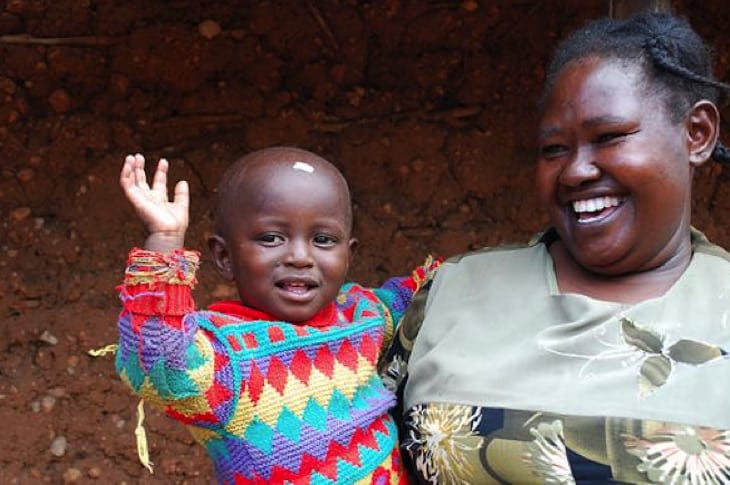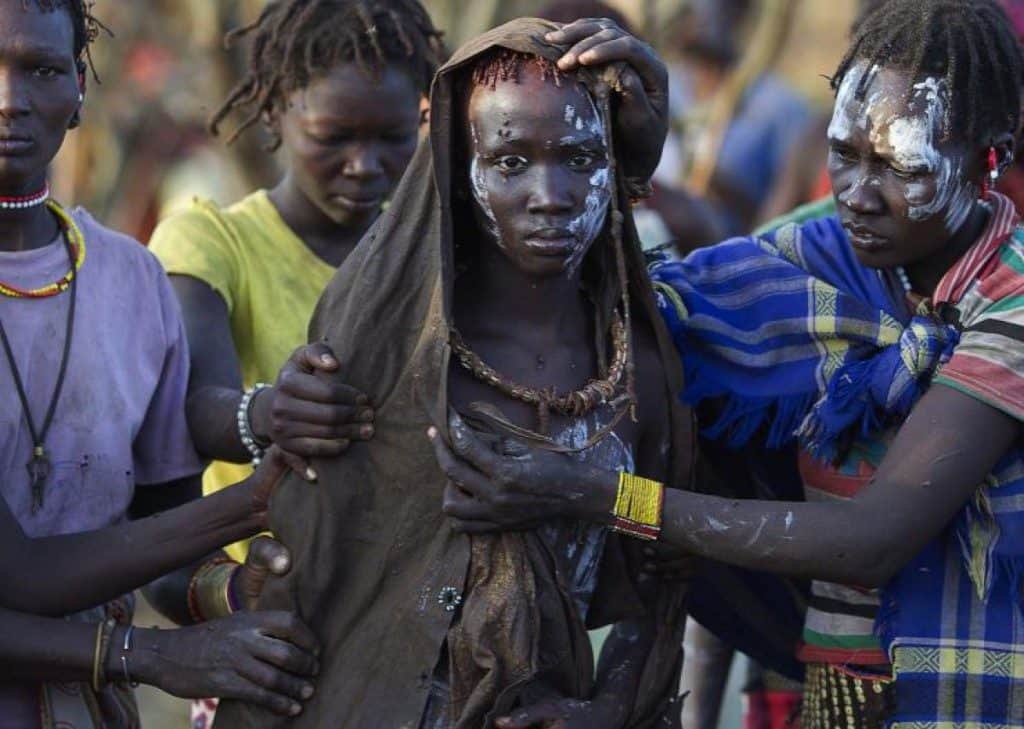
Female genital mutilation is known around the world as a human rights issue, yet 200 million women around the world are victims of the horrifying practice and more young girls endure the procedure every single day. FGM is defined by the World Health Organization as “any procedure that intentionally alters or causes injury to female genital organs for non-medical reasons and with no health benefits.”
The procedure is done anywhere between infancy and adolescence, and the pain that girls endure is inexplicable. Thought of as a cultural ritual, FGM is performed as a way to eliminate the possibility of enjoyable sexual encounters and promote sexual fidelity because there’s little to no enjoyment in seeking other partners. It’s an excruciating experience, and the pain doesn’t end after the procedure does. Victims experience chronic severe pain, post-traumatic stress disorder, cysts, recurrent infections, and even death.
For three victims that currently live in the U.S. who had the procedure done while growing up in Sierra Leone, their trauma was so severe that they were embarrassed to even tell their spouses about it.
“These women were embarrassed that they were subjected to this procedure, in particular since relocating to the United States,” said Ivona Percec, assistant professor of surgery in the division of Plastic Surgery at Penn’s Medicine Center for Human Appearance. “All of them were able to have intercourse, but without pleasure – usually with pain.”

The women, who were all between the ages of 30 and 33, were looking for surgical solutions that could help them look and feel normal. When Percec did research and found that there was no precedent for reconstructing what was taken from the women, she decided to create her own procedure based on what she already knew about reconstruction.
After working with the women and doing extensive research, including evaluations of their experiences afterwards, Percec has become passionate about helping other females who are victims of the practice and believes plastic surgeons can play a big part.
“Plastic surgeons have a crucial role to play in this recovery, and it’s important for physicians to be informed and prepared to address the surgical and emotional needs of women who seek care for this,” Percec said. “Our procedure is simple yet effective and can help victims restore their physical and psychological sense of well-being.”
Based on the follow-up evaluations of all three women over the last year, some sexual function has been restored to the area and their psychological and emotional well-being have been improving as a result. All three women said that they would recommend this procedure to victims of FGM, which is promising for those that have emigrated from their native countries in Africa, Asia, the Middle East, where FGM is practiced and are seeking a solution.
Though female genital mutilation is a not widely-practiced or even known about in Western societies this doesn’t mean it isn’t a huge human rights issues that needs to be addressed. Raising awareness is crucial as well as advocating for the ban of FGM in the places it still exists and supporting women who are seeking out reparative measures, such as therapy or reconstructive surgery.
What are your thoughts on this development? Please share, like, and comment on this article!


